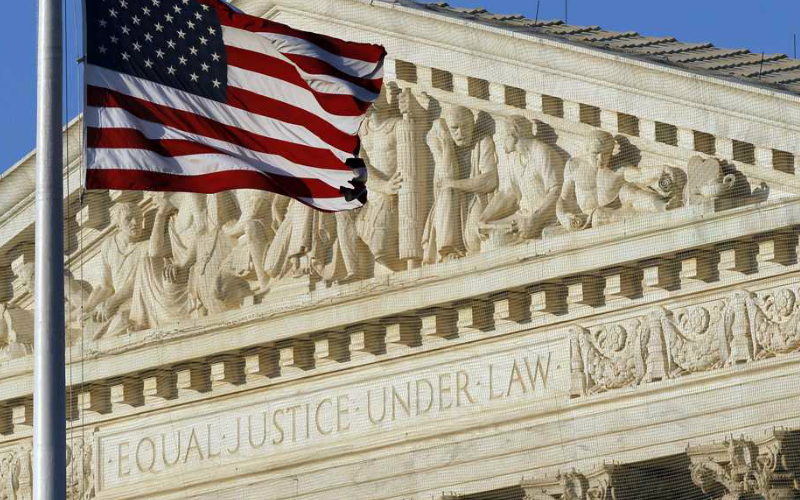Justices recently decided to take up the case Students for Fair Admissions Inc v. President & Fellows of Harvard College and consolidate it with another case known as Students for Fair Admissions Inc v. University of North Carolina.

"We supported the Students for Fair Admissions case with a brief," attorney Wen Fa of Pacific Legal Foundation tells American Family News. "We're very pleased that the Supreme Court has taken this case because I think this gives the Supreme Court an opportunity to end racial preferences in college admissions."
20 years ago, in a case called Grutter v. Bollinger, the Supreme Court deemed racial preferences in college admissions permissible.
"We think that just as the Equal Protection Clause and Title VI of the Civil Rights Act prohibit racial discrimination in other contexts, they should also prohibit racial discrimination in college admissions," Fa submits. "That's what we're hoping that the Supreme Court will say in this case."
While some believe that racial preferences are a good thing and that they benefit minorities in various settings, Fa says they actually create a lot of negatives.
"Asian American applicants who are applying to Harvard University are actually being told in college guidebooks to not say that they want to be a doctor and not say they want to major in math or sciences because they would be rejected as someone who's a typical Asian," Fa gives as an example. "We think that is wrong. Colleges should treat individuals as individuals, and that is this guarantee of the Equal Protection Clause -- that individuals be treated as individuals and not on the basis of their membership in a racial group."
The Supreme Court's most recent pronouncement on the topic was in 2016, when justices upheld the admissions program at the University of Texas against a challenge brought by a white woman. The ruling was 4-3 with Justices Roberts, Alito, and Thomas dissenting. Justice Kagan took no part in the consideration or decision of the case.







